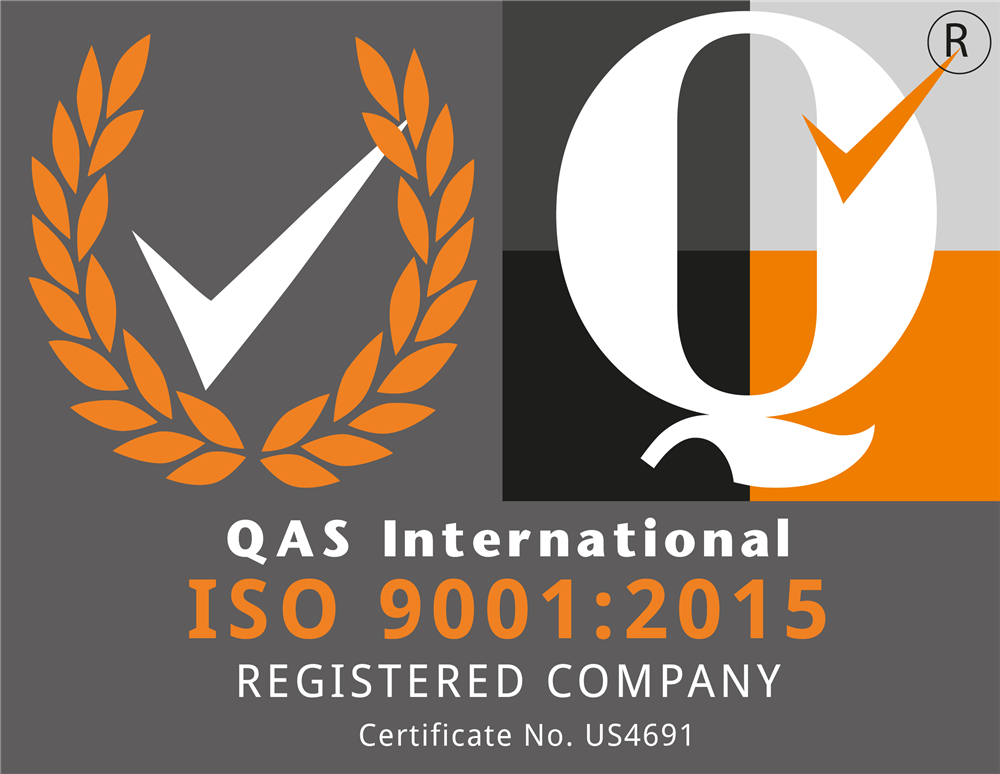ISO Certification
Understanding ISO 9001:2015 – Ensuring Quality and Consistency in Business
ISO 9001:2015 is a globally recognized standard for Quality Management Systems (QMS). It is part of the ISO 9000 family of quality management standards and is maintained by the International Organization for Standardization (ISO), an independent, non-governmental international organization.
What is ISO 9001:2015?
ISO 9001:2015 sets out the criteria for a quality management system and is based on a number of quality management principles. These principles include a strong customer focus, the involvement of top management, the process approach, and continual improvement. Unlike its predecessors, the 2015 revision emphasizes risk-based thinking, allowing organizations to identify and manage business risks and opportunities more effectively.
The standard does not dictate specific criteria for product or service quality; instead, it provides a framework for consistent quality in the delivery of products or services. This ensures that customers consistently receive high-quality products and services, which in turn brings many business benefits.
Why is ISO 9001:2015 Important?
- Customer Satisfaction: ISO 9001:2015 helps businesses meet customer requirements and expectations more efficiently. Consistent quality leads to higher customer satisfaction, which can translate into repeat business and referrals.
- Improved Internal Management: The standard encourages a process-oriented approach that enhances internal management. It aids in the alignment of processes, improving efficiency and effectiveness in meeting objectives.
- Enhanced Credibility and Reputation: ISO 9001:2015 certification is internationally recognized and often a prerequisite for doing business with certain customers or in certain markets. It enhances a company's credibility and reputation.
- Basis for Continual Improvement: The standard promotes continual improvement, requiring organizations to regularly evaluate their processes, identify areas for improvement, and implement necessary changes.
- Risk Management: By focusing on risk-based thinking, ISO 9001:2015 helps organizations anticipate and address potential issues more effectively, leading to fewer surprises and better management of business processes.
- Operational Efficiency: Implementing a QMS based on ISO 9001:2015 can lead to greater operational efficiency and reduced costs due to fewer mistakes, better resource management, and improved decision-making.
- Market Access: For many industries, ISO 9001:2015 certification is essential for trading globally. It opens up market opportunities that might otherwise be inaccessible.
Conclusion
ISO 9001:2015 is more than a standard; it is a way to ensure the consistent quality of products and services, which in turn builds trust among customers and stakeholders. The focus on risk management, process improvement, and customer satisfaction not only enhances a company's operational effectiveness but also provides a robust framework for sustainable business growth. For any organization committed to quality, ISO 9001:2015 offers a comprehensive and adaptable approach to excellence in quality management.
